News
Launched in 1999 and updated regularly, Statewatch News includes our own reporting and writing as well as articles, announcements, documents and analyses from elsewhere on civil liberties, EU policies and state practices. You can receive updates in your inbox by signing up to our mailing list, or use our RSS feed to get instant alerts.
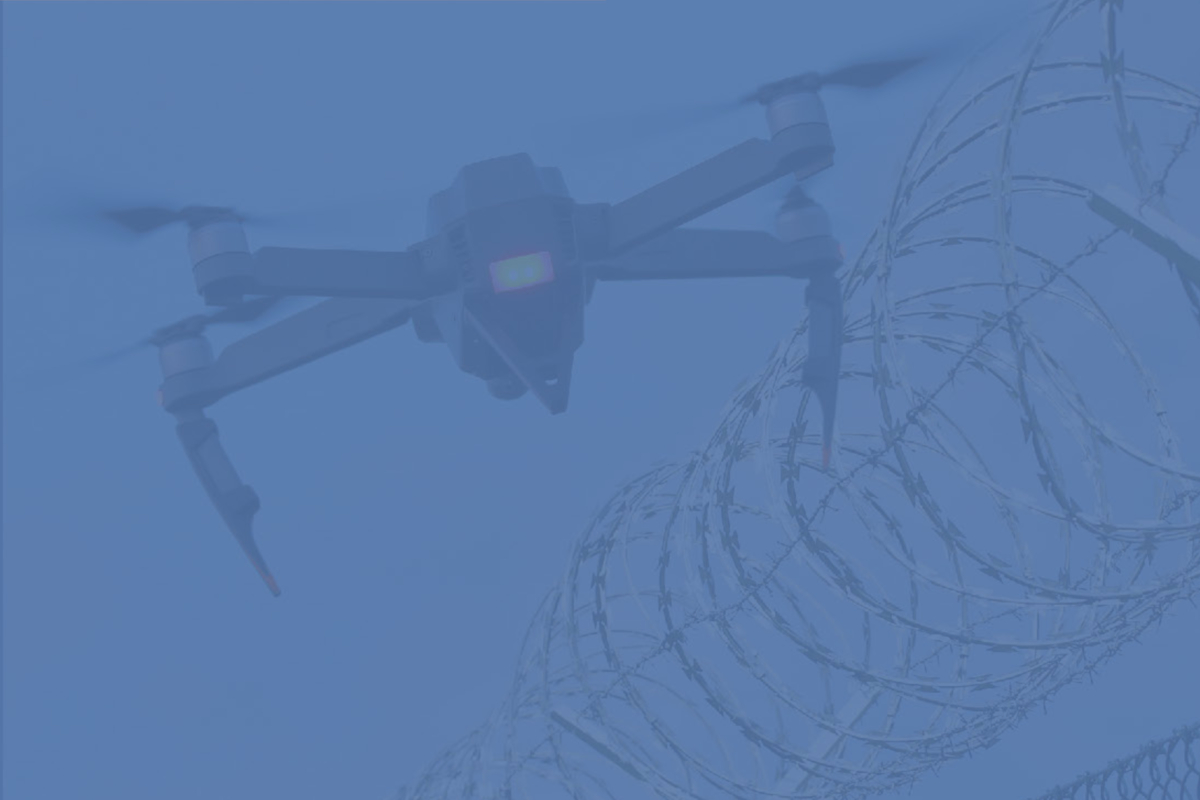
Europe’s techno-borders: digital infrastructure for migration control
A new Statewatch/EuroMed Rights publication analyses the past, present and future of Europe’s “techno-borders” – the extensive infrastructure of surveillance systems, databases, biometric identification techniques and information networks put in place over the last three decades to provide authorities with knowledge of – and thus control over – foreign nationals seeking to enter or staying in EU and Schengen territory.
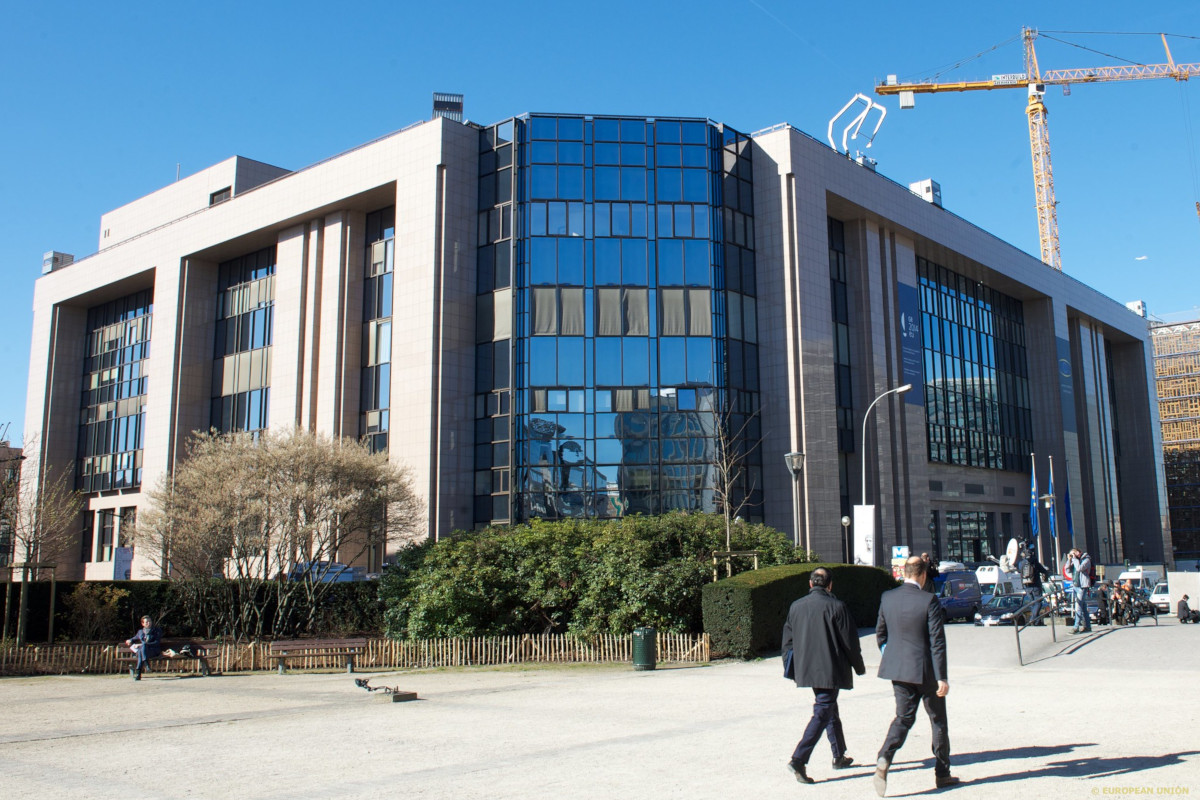
Tracking the Pact: Latest Council documents on the Long-term Residents Directive
The proposed recast of the Long-term Residents Directive aims at "attracting skills and talent to the EU."

New police data exchange rules will expand Europol's databases
A new EU law on the exchange of data between national law enforcement authorities entered into force last month. It is intended to harmonise existing rules, speed up exchanges of information, and will lead to an increased amount of data being shared with Europol.

Commission remains tight-lipped on Balkan deportation scheme
Earlier this year, Statewatch published a secret ministerial statement that committed EU and Schengen states to providing financial and material support for deportations from the Balkans. The European Commission recently answered a parliamentary question on the topic. The answer contains nothing of substance.
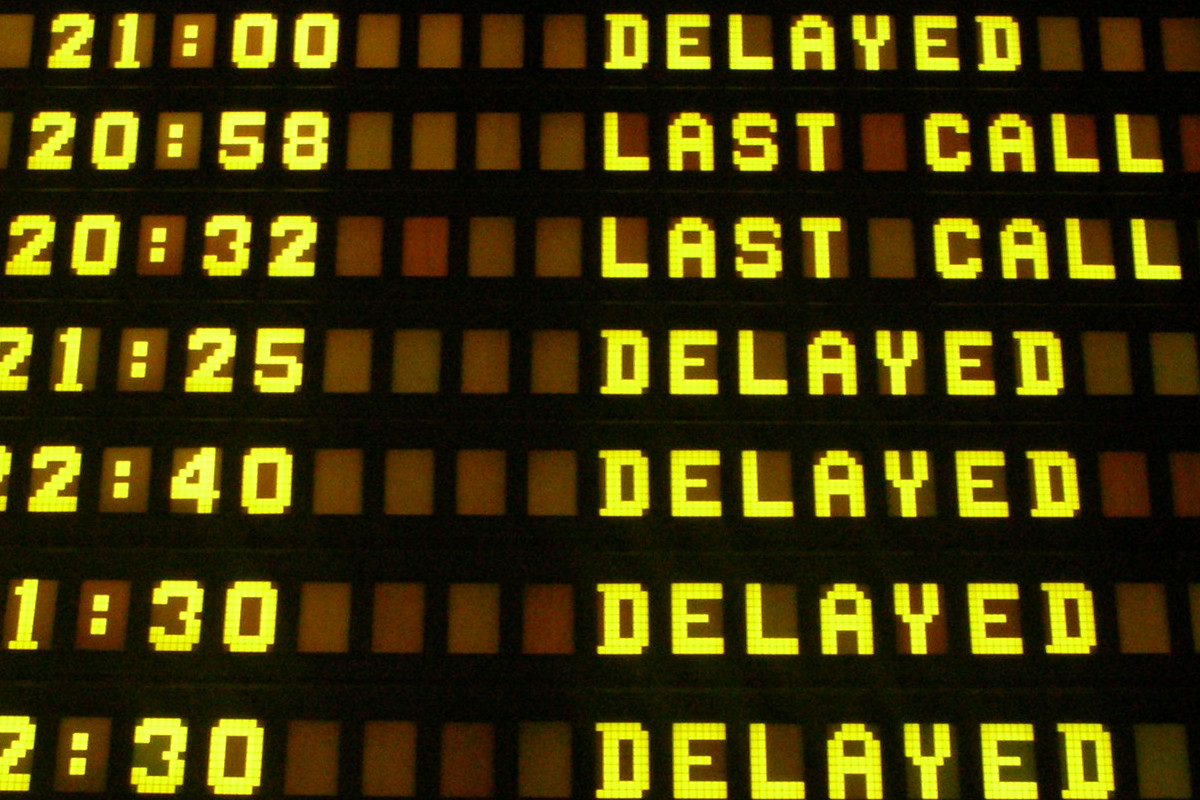
Not so interoperable: discussions underway to “decouple” launch of new EU border databases
Ongoing delays to the Entry/Exit System (EES) may mean the European Travel Information and Authorization System (ETIAS) is put into operation first, in a break with previous plans.
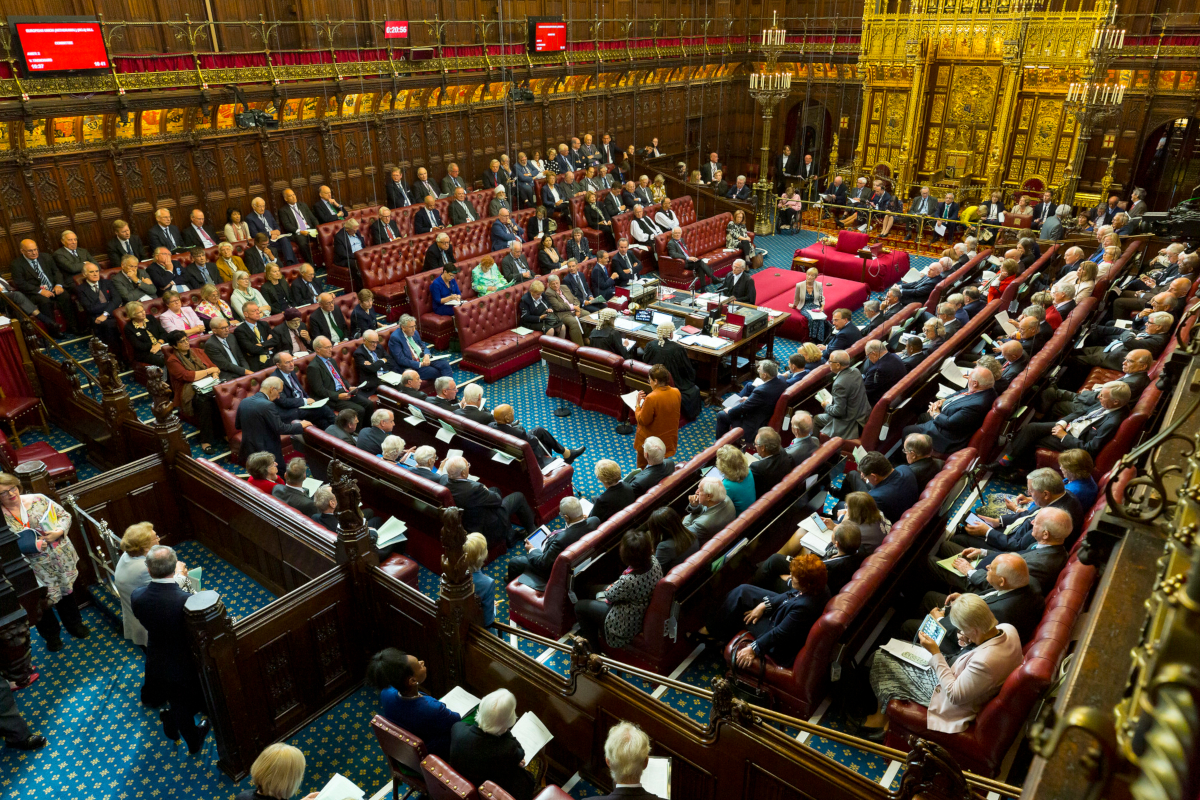
UK: Rights-destroying clause in Illegal Migration Bill must be removed
In its current form, the Illegal Migration Bill puts the duty to deport people - including children and victims of trafficking - above human rights and international law. The House of Lords has begun the next stage of scrutiny of the bill. A briefing to peers supported by over 50 organisations, including Statewatch, calls for the addition of a new clause that would prevent the provisions of the Bill taking precedence over the UK's human rights and international obligations.
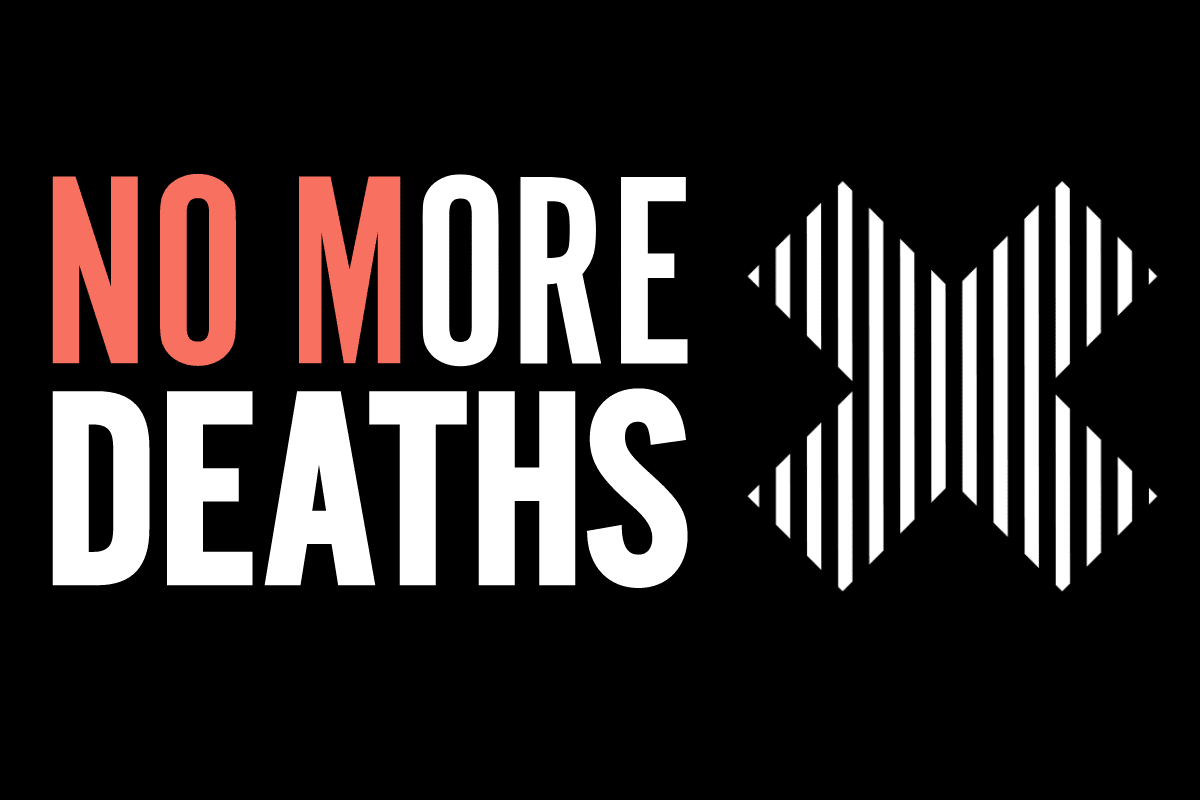
UK: New campaign calls for action on state failures to respond to and prevent deaths
A new campaign challenging the lack of accountability, transparency and action on recommendations arising from investigations into preventable deaths launched yesterday.
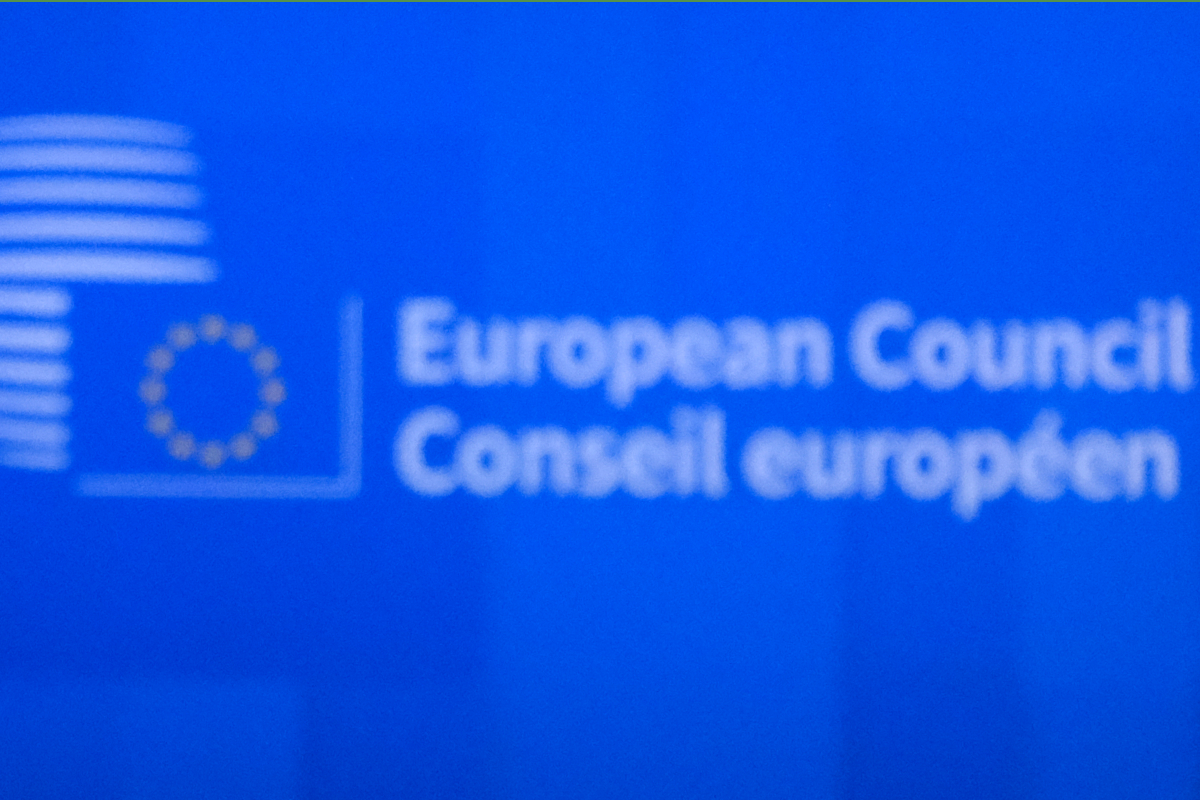
Pylos shipwreck: European Council prepares to shed crocodile tears
The European Council meeting later this week will express "its profound sorrow for the terrible loss of life as a result of the recent tragedy in the Mediterranean," at the same time as reiterating, for the umpteenth time, its commitment to "breaking the business model of traffickers and smuggling networks and to tackling the root causes of irregular migration." As a recent Europol report highlights, this model is in large part a creation of the EU and its member states. Meanwhile, a letter from Ursula von der Leyen demonstrates how much work is going in to expanding control, and how little to increasing the possibility of legal migration.
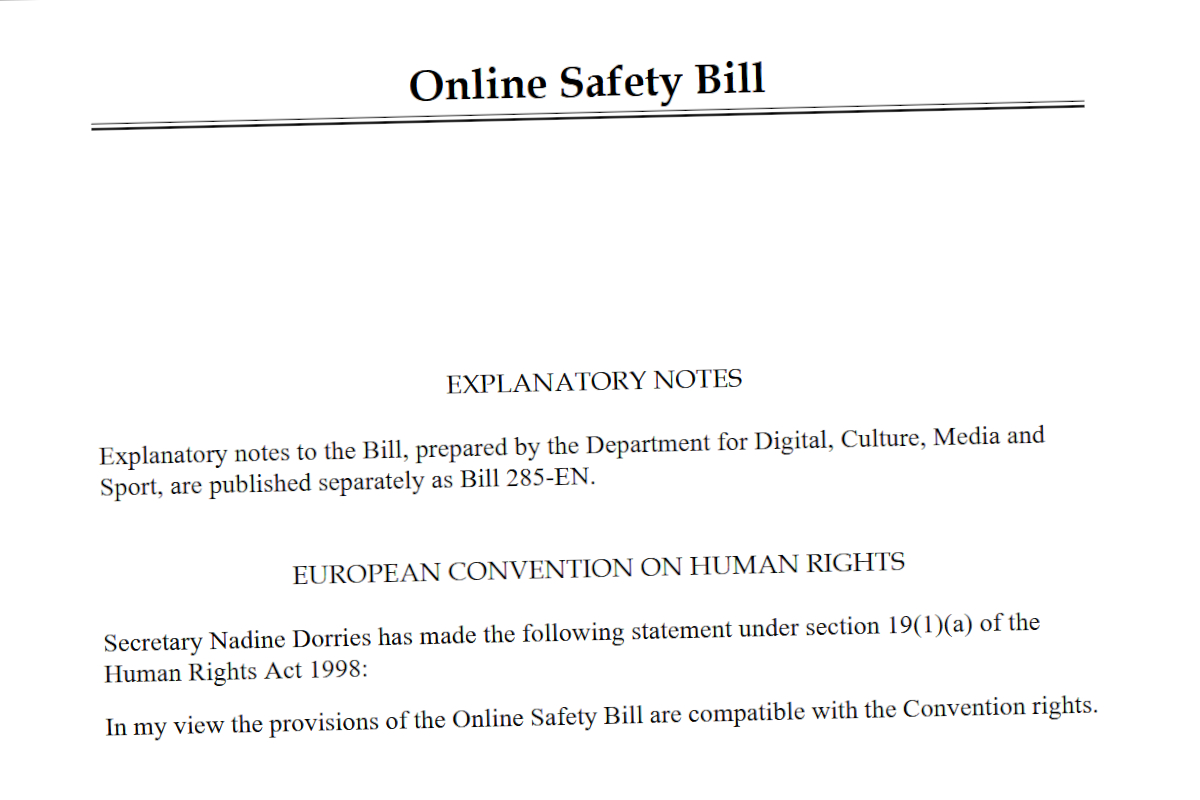
UK must protect global digital security and safeguard private communication
An open letter signed by over 80 civil society organisations, including Statewatch, is calling on the UK government to protect digital security and private communications by removing provisions from the Online Safety Bill that would require communications service providers to add "backdoors" to encrypted messaging services, undermining safety for all.
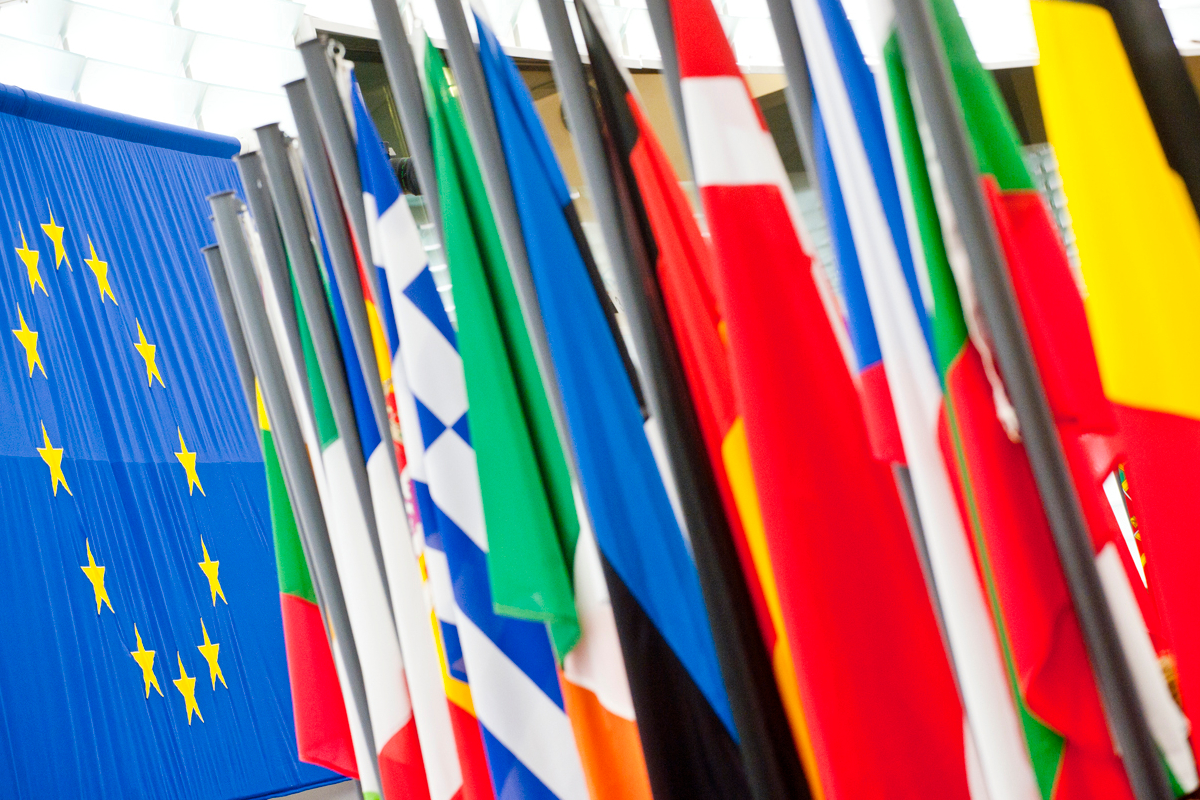
Tracking the Pact: New Presidency proposals on "solidarity and support measures in a situation of crisis or instrumentalisation"
The latest Council Presidency compromise text of the Crisis and Force Majeure Regulation includes new provisions on "solidarity and support measures in a situation of crisis or instrumentalisation," and changes to the proposals on the notification and authorisation procedures for member states deemed to be facing a migration "crisis" or the "instrumentalisation of migration".
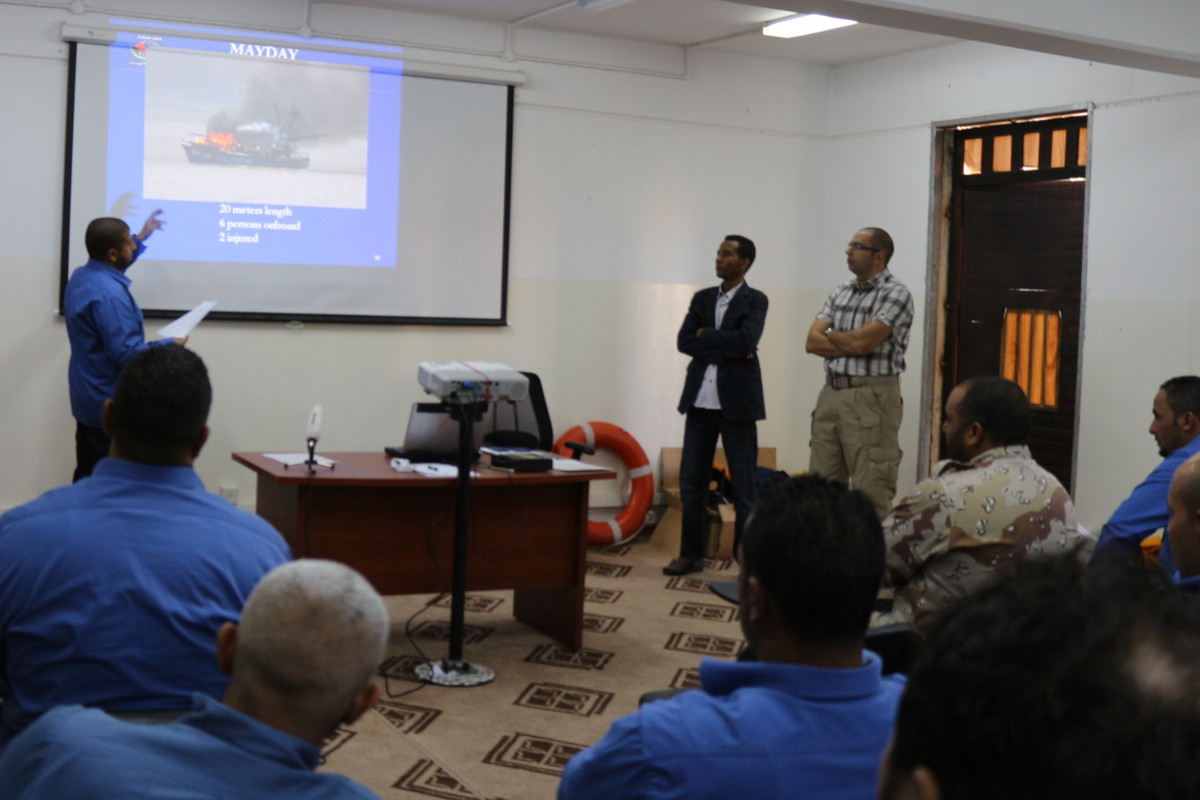
EU border mission in Libya gets revamp
The EU Border Assistance Mission (EUBAM) in Libya is about to receive an update to its tasks. References to supporting institutional reform and cooperation with the UN Support Mission in Libya are to be removed from its mandate. The current budget is to be extended by three months, pending a decision by the Council on funding for the next two years.

Closer security cooperation between EU and Latin America on the cards
The creation of a Latin American internal security system based on the EU model continues, and a draft declaration indicates plans for closer cooperation and synchronisation.
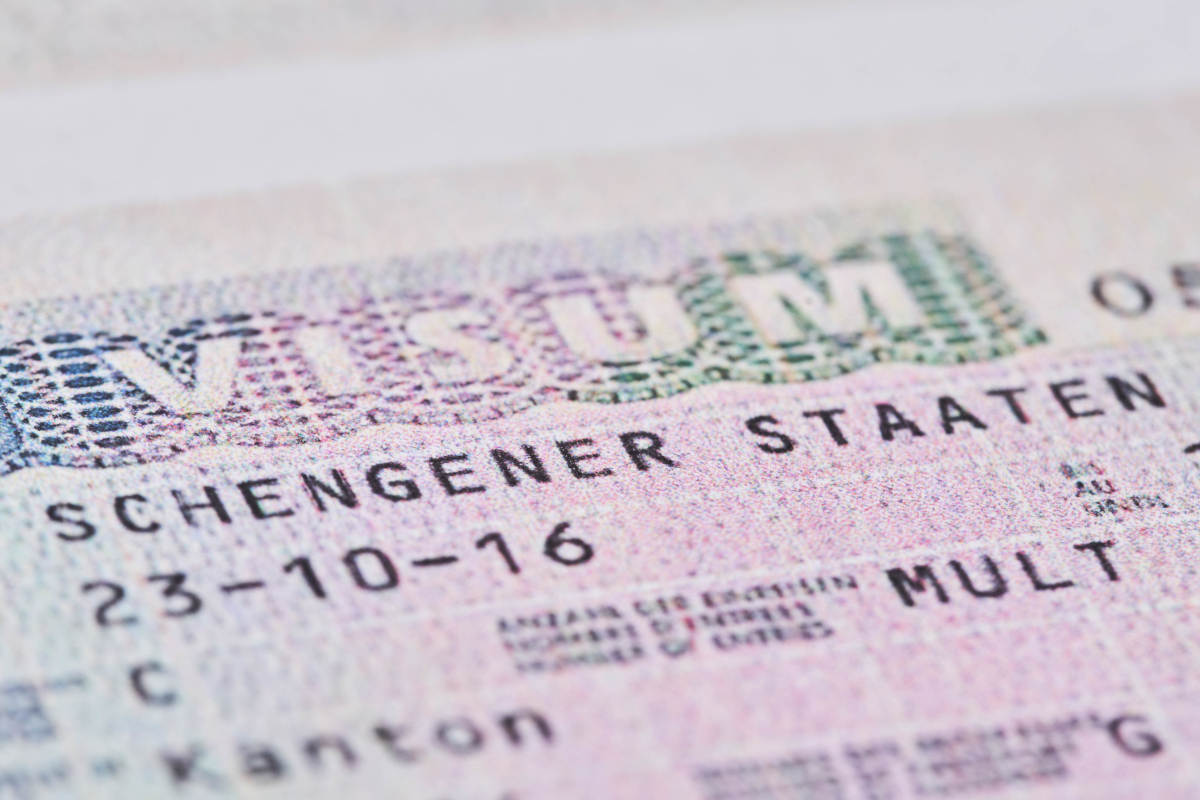
Schengen visas: Private contractors follow “lax” approach and “enjoy wide and unmonitored access” to applicant data
The Schengen visa application process is plagued by a host of problems, including systematic issues with long processing times, “recurrent deficiencies” in data protection, and a general lack of transparency, finds a non-paper prepared by the Commission services and obtained by Statewatch through an access to documents request. The non-paper, circulated to national delegations to the Council in April, is based on a 2022 evaluation of Schengen visa processing carried out in Riyadh, Beirut, Dakar, Istanbul, and New Delhi.

Bulgaria and Romania speed up asylum and deportation procedures with EU support
"Pilot projects" intended to beef up border controls, accelerate asylum and deportation proceedings, and reinforce the role of EU agencies in Bulgaria and Romania have just begun - yet EU legislation intended to do the same is yet to be approved.

Schengen states make new call for border wall funds
A group of eight Schengen states has reiterated the now-longstanding call for the European Commission to fund the construction of border walls.

Tracking the Pact: Presidency compromise text of the crisis and force majeure Regulation
The Council recently approved its negotiating position on two of the key measures that are part of the Pact on Migration and Asylum, but it's not over yet.

UK government's AI plans must uphold fundamental rights and democratic values
Thirty civil society organisations, including Statewatch, have published a joint statement calling for the UK government to ensure that it's approach to artificial intelligence upholds fundamental rights and democratic values.
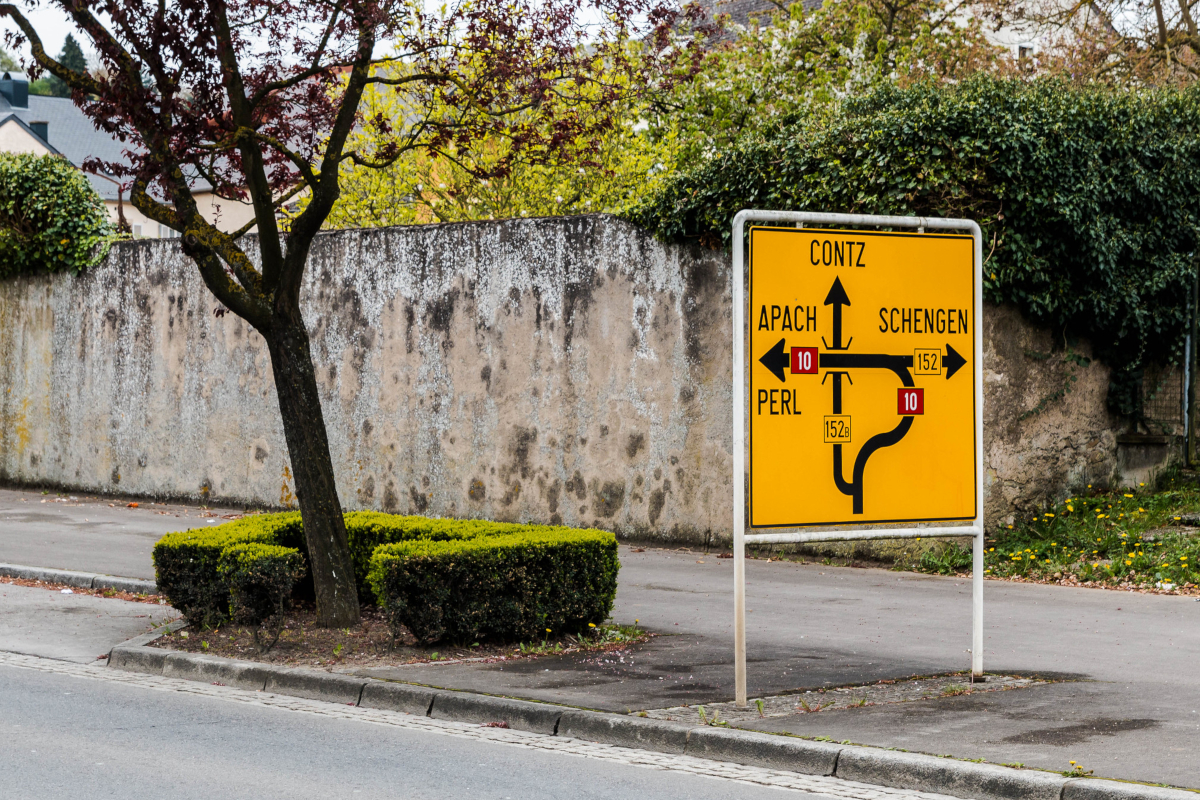
Schengen priorities: full steam ahead with border controls and law enforcement
A meeting of the Schengen Council, put in place under the French Presidency to improve governance of the Schengen area, is taking place today. A note from the Swedish Presidency of the Council outlines areas requiring “additional focus and impetus” if progress is to be made in the 2023/24 ‘Schengen Cycle’.

Search and rescue in the Mediterranean: German response to Commission roadmap
Ahead of the upcoming meeting of the European Commission's Contact Group on Search and Rescue on 16 June, the German authorities have issued a response to the Commission's draft roadmap that was published by Statewatch last month. The response is published here.

Tracking the Pact: Council prepares to approve negotiating positions
The Council is hoping to approve its negotiating positions on the Asylum and Migration Management Regulation (AMMR), Asylum Procedure Regulation (APR) and Single Permit Directive on legal migration at the Justice and Home Affairs Council meeting tomorrow. The texts, published here, were circulated in the Council yesterday (AMMR and APR) and at the end of May (Single Permit Directive).
Spotted an error? If you've spotted a problem with this page, just click once to let us know.